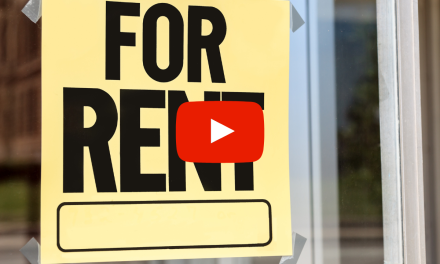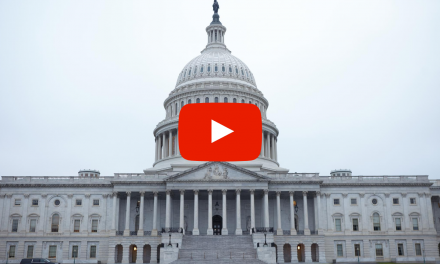
New Law Prohibits Employers from Asking Past Salary Information

Many employers ask potential job applicants about their current salary or prior wage history. Some employers will use this information to screen candidates for jobs and set their salaries at levels that may be based on inappropriate criteria.
A new law has been enacted in Illinois that will change this process. Under the new law, employers are prohibited from asking potential employees about past wage history. Employers are also prohibited from using this information to screen potential candidates during the interview process. This ban applies to all types of jobs and to employers with as few as one employee.
The law also prohibits employers from seeking out the wage history of a potential candidate by contacting his or her current employer or previous employers. The only exceptions under this prohibition are if the applicant’s history is a matter of public record or the job applicant is a current employee and is applying for another position within the same company.
Please note, the law does not prohibit employers and potential employees from discussing the potential wages for a specific position, as well as the expectation of the applicant for wages for the position for which they are applying.
Therefore, as an employer, if your job application has a question regarding the current or previous salary of a potential candidate, the question will need to be removed to be compliant with the law. Similarly, if you normally ask this question during the interview process, you will need to remove it from your line of questioning.
If an employer violates this law, an employee may recover up to $10,000 in special damages and reasonable attorney fees as allowed by the court. Potential employees have up to 5 years from the date of the violation to bring this issue to court. Also, the Department of Labor can bring legal action against employers who violate the law, as well as impose a civil violation of up to $5,000 for each violation for each employee affected.
This law is effective September 29, 2019.



















